News and Opinion
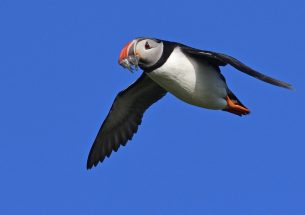
Lack of prey reduces breeding success in puffin populations
READ MORE about Lack of prey reduces breeding success in puffin populations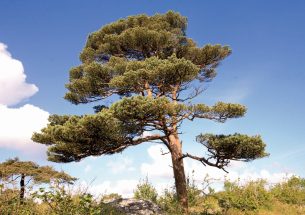
New research reveals the resilience of Scots pine trees to drought
READ MORE about New research reveals the resilience of Scots pine trees to drought
Opportunities for Implementing Biodiversity Net Gain in Scotland
READ MORE about Opportunities for Implementing Biodiversity Net Gain in Scotland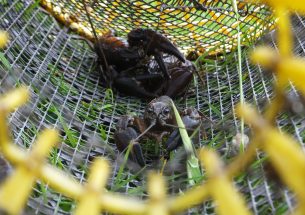
Crayfish ‘trapping’ fails to control invasive species
READ MORE about Crayfish ‘trapping’ fails to control invasive species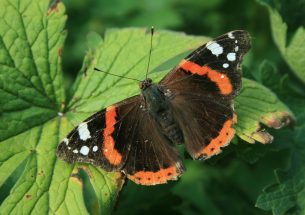
Provide shady spots to protect butterflies from climate change, say scientists
READ MORE about Provide shady spots to protect butterflies from climate change, say scientists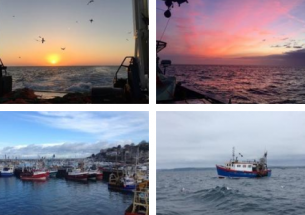
How fish stocks will change in warming seas
READ MORE about How fish stocks will change in warming seas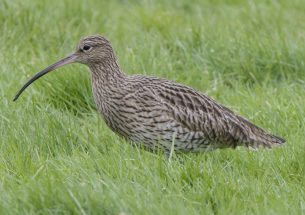
Debate needed on the potential culling of generalist predators such as crows and foxes to protect Europe's declining ground-nesting birds
READ MORE about Debate needed on the potential culling of generalist predators such as crows and foxes to protect Europe's declining ground-nesting birds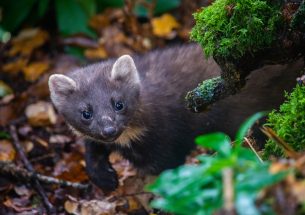
Research shows recovering pine marten population benefits red squirrels, but the grey squirrel still poses a problem in urban areas
READ MORE about Research shows recovering pine marten population benefits red squirrels, but the grey squirrel still poses a problem in urban areas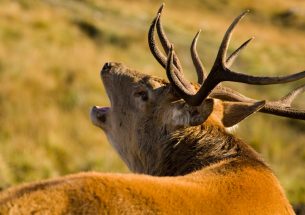
Understanding deer damage is crucial when planting new forests
READ MORE about Understanding deer damage is crucial when planting new forests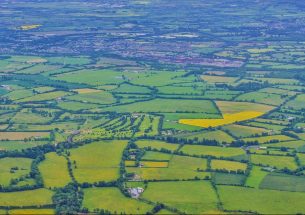
Smaller fields and diversified crops can help spontaneous plants to make a comeback, even in the middle of fields
READ MORE about Smaller fields and diversified crops can help spontaneous plants to make a comeback, even in the middle of fields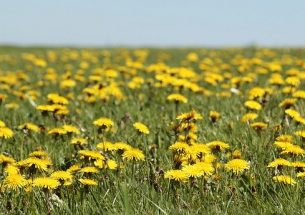
Why the British Ecological Society President mows round the dandelions in her lawn
READ MORE about Why the British Ecological Society President mows round the dandelions in her lawn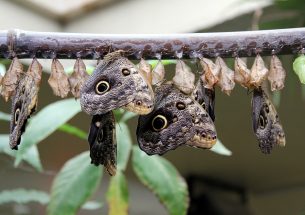
Transformative change: an idiot’s guide
READ MORE about Transformative change: an idiot’s guide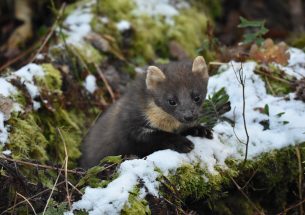
Northern Ireland’s recovering pine marten population benefits red squirrels, but the urban grey squirrel poses a problem
READ MORE about Northern Ireland’s recovering pine marten population benefits red squirrels, but the urban grey squirrel poses a problem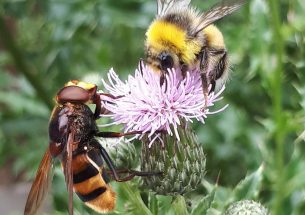
Invest in pollinator monitoring for long-term gain
READ MORE about Invest in pollinator monitoring for long-term gain